Today, we’re tackling a topic that rarely gets discussed with the honesty it deserves, the role of luck versus skill in financial outcomes. While we like to believe that hard work and smart decisions always lead to success, the reality is more complex. Timing, access, opportunity – these elements, often out of our control, play a bigger part than we’d like to admit.
But dismissing skill is equally short-sighted. The businesses that go the distance are the ones that master both, recognising when luck has played a role, and doubling down on the skills that keep success sustainable. Let’s explore the balance and what it means for how you build, grow, and think about your financial future.
What Role Does Luck Actually Play
Luck shows up in many ways. Maybe you launched a product just as demand surged. Met the right person at the right time. Landed early press coverage that gave you a head start.
These moments can dramatically impact results, but they’re not repeatable. That’s what makes luck so tricky. You can’t plan for it, and you definitely can’t build a strategy around it.
That said, recognising the role of luck helps you stay humble. It keeps your ego in check. And it encourages gratitude, rather than entitlement, something your customers and team will notice.
Why Skill Still Wins Long-Term
If luck gives you an opening, skill is what allows you to stay in the game. Skill is knowing how to manage cash flow, deliver value, optimise pricing, communicate clearly, market effectively, and adapt when things shift. It’s built through iteration, reflection, and experience and it doesn’t vanish when conditions change.
Most successful entrepreneurs will tell you that their first break might have involved luck. But staying relevant, profitable, and growing over time? That’s pure skill.
The Danger Of Misattribution
There are risks in attributing too much to either side. If you credit all your wins to your talent, you risk becoming overconfident and blind to market shifts. You may double down on a strategy that worked once, assuming it’ll always work. That rarely ends well.
On the flip side, if you assume you’ve only been lucky or that others just “got a break” you undermine your own progress. That mindset can stop you from investing in yourself, raising prices, or taking bigger steps. The goal isn’t to downplay one side. It’s to understand both.
How To Build A Strategy That Doesn’t Rely On Luck
Here’s how to shift your business towards a more skill-led, but luck-aware model.
Focus on fundamentals. No matter the market, strong positioning, compelling offers, and a deep understanding of your customer always win.
Track what actually works. Don’t guess. Look at the data. Was it the email campaign that brought the leads, or just good timing?
Create your own momentum. Show up consistently. Publish regularly. Network intentionally. You can’t control who shares your work, but you can increase your chances.
De-risk your revenue streams. Don’t rely on one platform, one client, or one product. The skill lies in diversification.
Build systems, not just moments. Anyone can get attention once. Systems turn that attention into profit, loyalty, and growth.
Making Yourself “Luck-Prone”
While you can’t force luck, you can increase your surface area for it. That means taking action often and visibly. Publish. Launch. Show up in rooms you don’t feel ready for. Send the email. Make the pitch. Share the idea.
Many “lucky breaks” happen because someone took a shot. Repeatedly. So no, you can’t manufacture luck. But you can earn more chances to benefit from it.
Embrace Both And Keep Going
Every successful business is the product of deliberate effort and unpredictable opportunity. The key is to honour both. Sharpen your skills. Stay in motion. Build systems that give you control but leave room for possibility.
Because the next big moment in your business might not come from your current plan. It might come from something or someone you haven’t encountered yet.
Thank you for being part of our Business Life community. If there’s a topic you’d like us to cover in future newsletters, let us know we’re always listening.
Live with purpose,
Kristian Livolsi and the Business Growth Mindset Team

